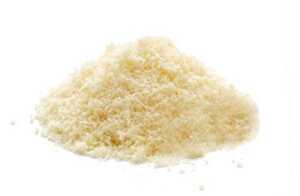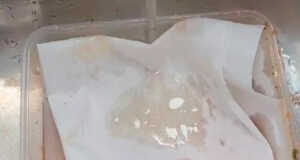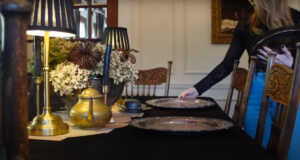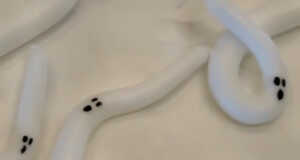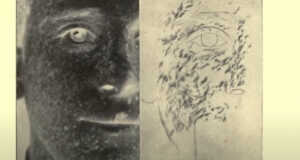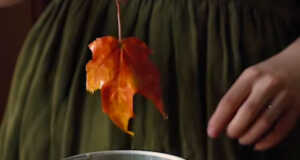There is always the debate about whether or not you should drink water from the bathroom tap. There are some people who are adamant that it’s a bad idea and you should never, ever drink the bathroom water. On the other hand, there are others on the other side one the debate who say it’s fine.
But when you’re awake in the middle of the night, parched, should you make the trek all the way to the kitchen or can you just get away with sneaking a sip or two from the bathroom tap?

The answer to the age-old debate happens to lie in the age of your house, as well as the material your pipes are made out of.
In more modern homes, the plumbing materials typically consist of copper and plastic. However, in older homes, those more commonly built pre-1970 will be made out of lead. And that can be dangerous to drink as the water can absorb the lead.
In an effort to help people gain more of an understanding about the bathroom water debate, there is a joint campaign being run between Scottish Water and Water Safe to urge people to check the pipes in their houses. Figuring out if you have lead pipes is pretty easy, but if you’re not quite sure, you can always call a plumber to check for you.

“many houses built before 1970 have lead plumbing and also a lead supply pipe (the underground pipe which connects your home to the water main in the street).
If your home was built after 1970, it is unlikely to have lead pipes. A simple check is to look at the pipework in your kitchen. Find the pipe leading to the internal stop tap (usually under the kitchen sink). Lead pipes are dark grey (under any paint) and are soft and easily marked. If in doubt, ask a plumber to check for you.”
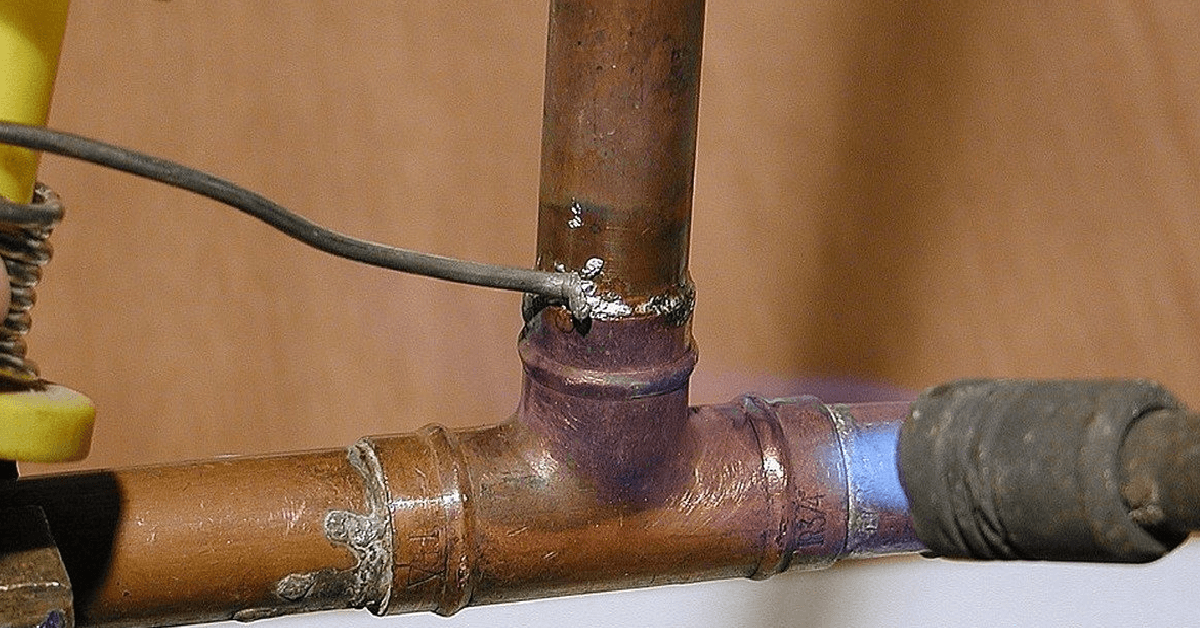
Furthermore, there is no harm in contacting your local water company to perform a test on the water in your home. From there, they can offer you solutions or alternatives.
According to Property Checklists, the director of Water Safe, Julie Spinks, said, “The plumbing in homes is the responsibility of the homeowner, so we are urging all households to spend a few minutes checking if they have lead pipes. To safeguard health we would recommend replacing lead pipes that supply drinking water to bathrooms and kitchens with copper or plastic ones.”
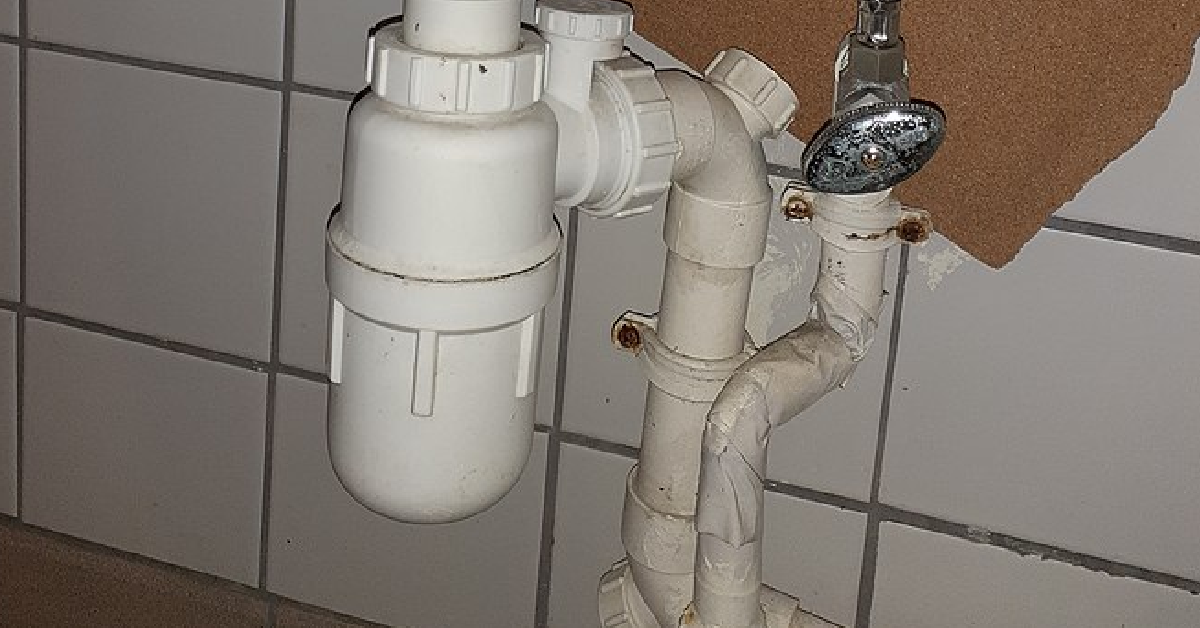
But lead in the home isn’t the only thing that you need to worry about. In general, it’s not a good idea to drink water from the hot tap in your house. This is because not only does heating and cooling of the water multiple times cause an increase in bacteria levels, but the heat can also cause the pipes to release potentially harmful substances, such as lead.
Do you drink water from the bathroom tap? Let us know!
